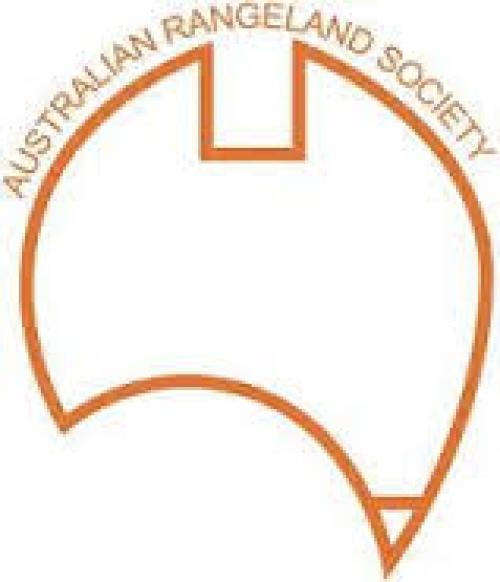Abstract. This project seeks to improve the evidence base and modelling capacity
underpinning recommendations for use of wet season spelling to recover poor condition
grazing land and design more reliable and cost-effective spelling options for producers across
northern Australia. There is limited experimental work or expert knowledge on spelling
strategies to improve or maintain land condition (McIvor 2011). Site 1 has a study on the key
combinations of timing, duration and frequency of spelling within a grazed ‘C’ land condition
paddock in Central Queensland for a five year period. Site 2 will be established in the 2nd
year of the project at the Wambiana grazing trial in northern Queensland on ‘C’ land
condition sites subject to moderate and heavy grazing. Data from field trials will be used to
improve the capacity of GRASP to simulate the impacts of different spelling and stocking rate
regimes on pasture conditions over a range of pasture community types and seasons. The
project will engage with producers and field staff at each site. Site 1 has had variable rainfall
over the previous decade with predominantly dry or very dry conditions. Good growing
conditions, prior to and during the first two summers of recordings have resulted in high
pasture yields and crown cover. Pasture yields have been high for both Bothriochloa
ewartiana and Aristida spp. While there has been a small improvement in land condition
overall, there has been minimal impact so far from the spelling strategies applied compared to
the continuously grazed control.
Australian Rangeland Society
17th Biennial Conference
Kununurra, Western Australia
23 - 27 September 2012

Full-text publications from the Australian Rangelands Society (ARS) Biennial Conference Proceedings (1997-), Rangeland Journal (ARS/CSIRO; 1976-), plus videos and other resources about the rangelands of Australia.